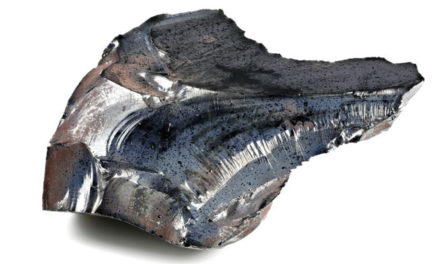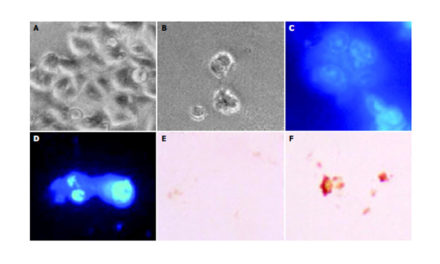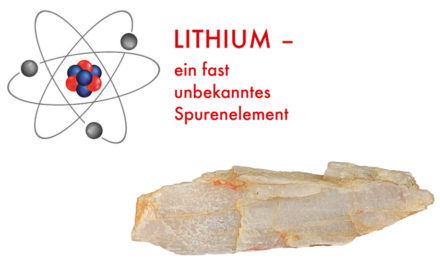Lipoic acid metabolism and mitochondrial redox regulation
Ashley Solmonson and Ralph J. DeBerardinis1
From the Children’s Medical Center Research Institute, University of Texas Southwestern Medical Center, Dallas, Texas 75390
Lipoic acid is an essential cofactor for mitochondrial metabolism and is synthesized denovousing intermediates from mitochondrial fatty-acid synthesis type II, S-adenosylmethionine and iron–sulfur clusters. This cofactor is required for catalysis by multiple mitochondrial 2-ketoacid dehydrogenase complexes, including pyruvate dehydrogenase, -ketoglutarate dehydrogenase, and branched-chain ketoacid dehydrogenase. Lipoic acid also plays a critical role in stabilizing and regulating these multienzyme complexes. Many of these dehydrogenases are regulated by reactive oxygen species, mediated through the disulfide bond of the prosthetic lipoyl moiety. Collectively, its functions explain why lipoic acid is required for cell growth, mitochondrial activity, and coordination of fuel metabolism.
(…)









